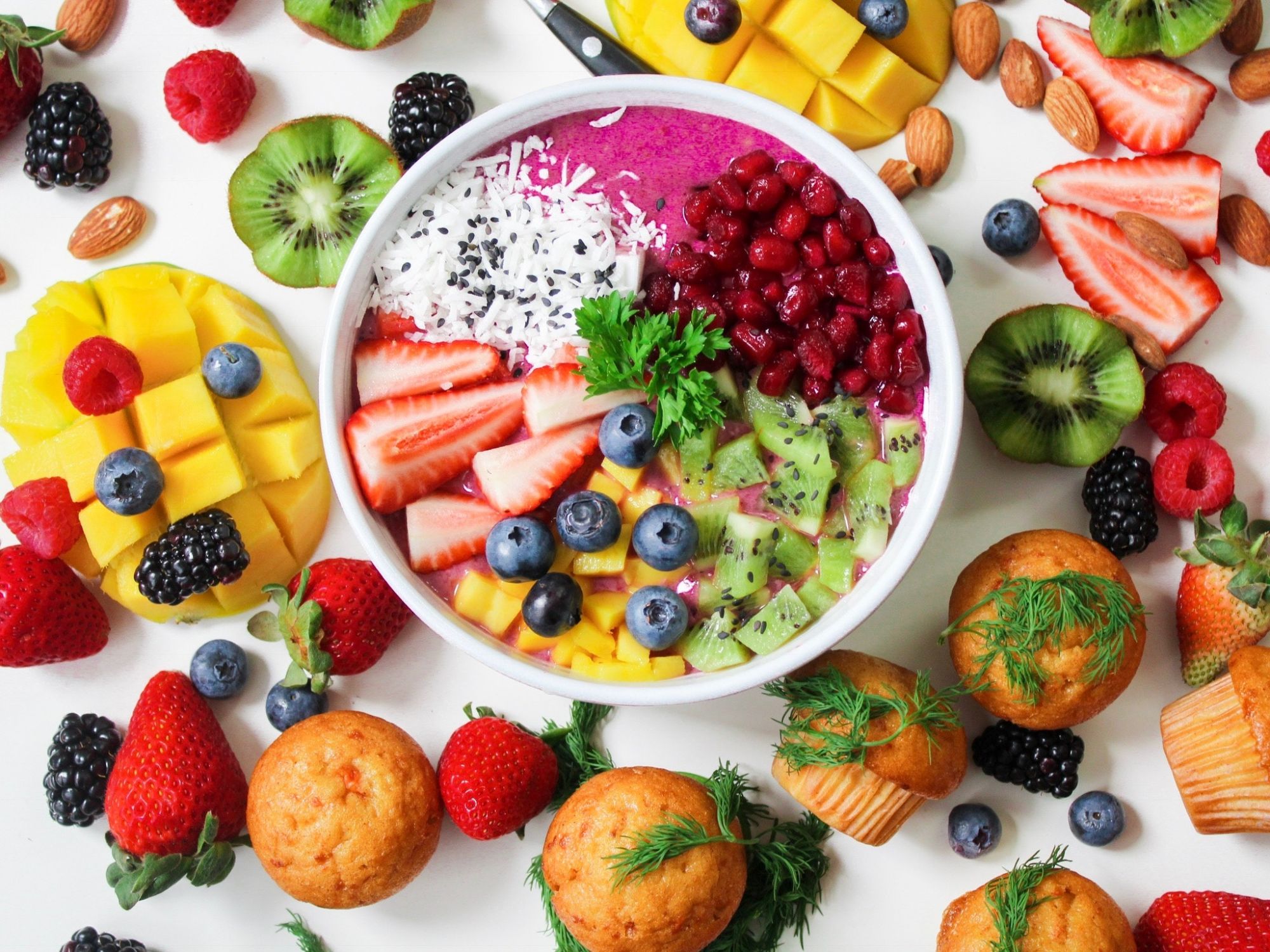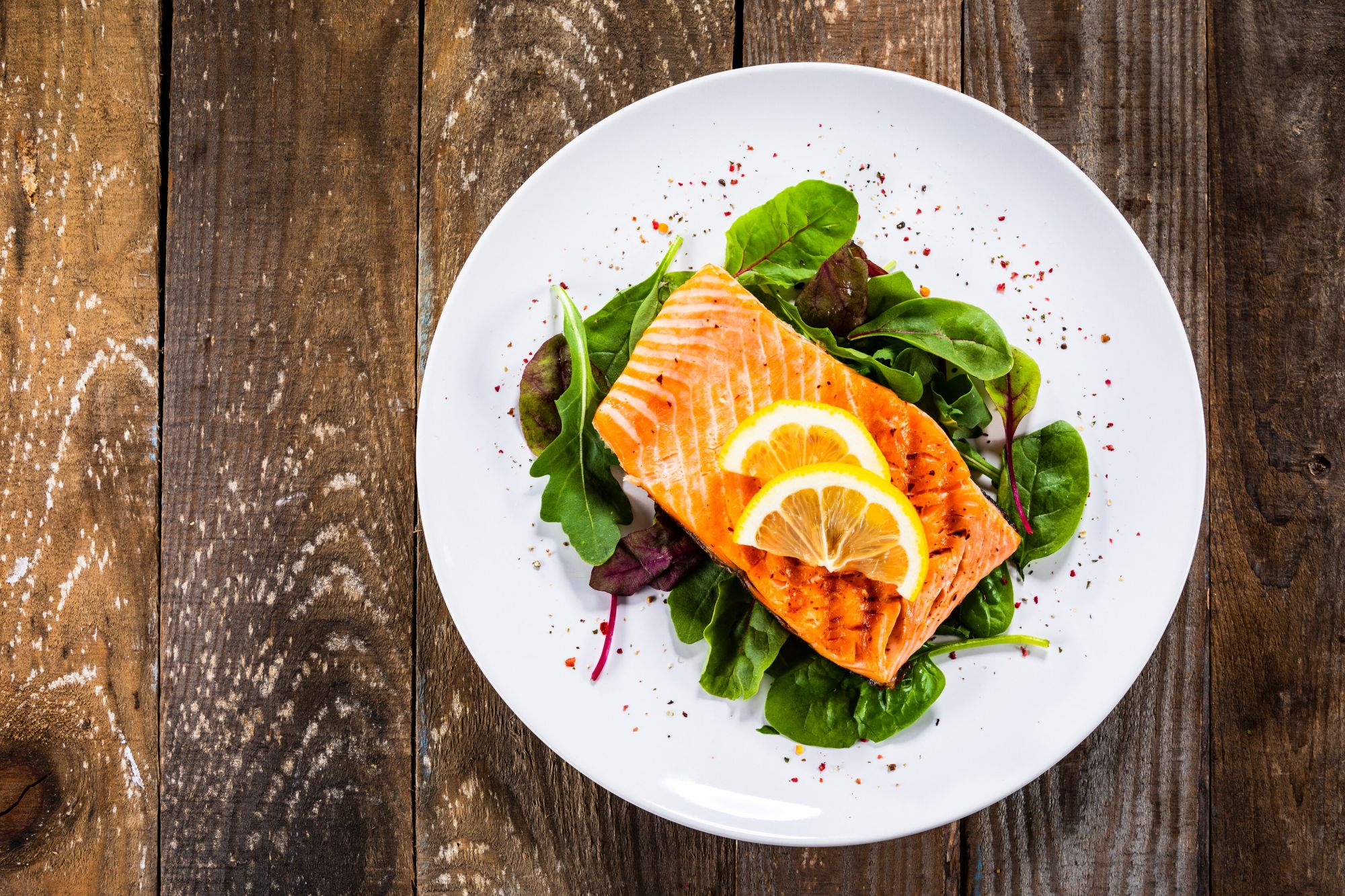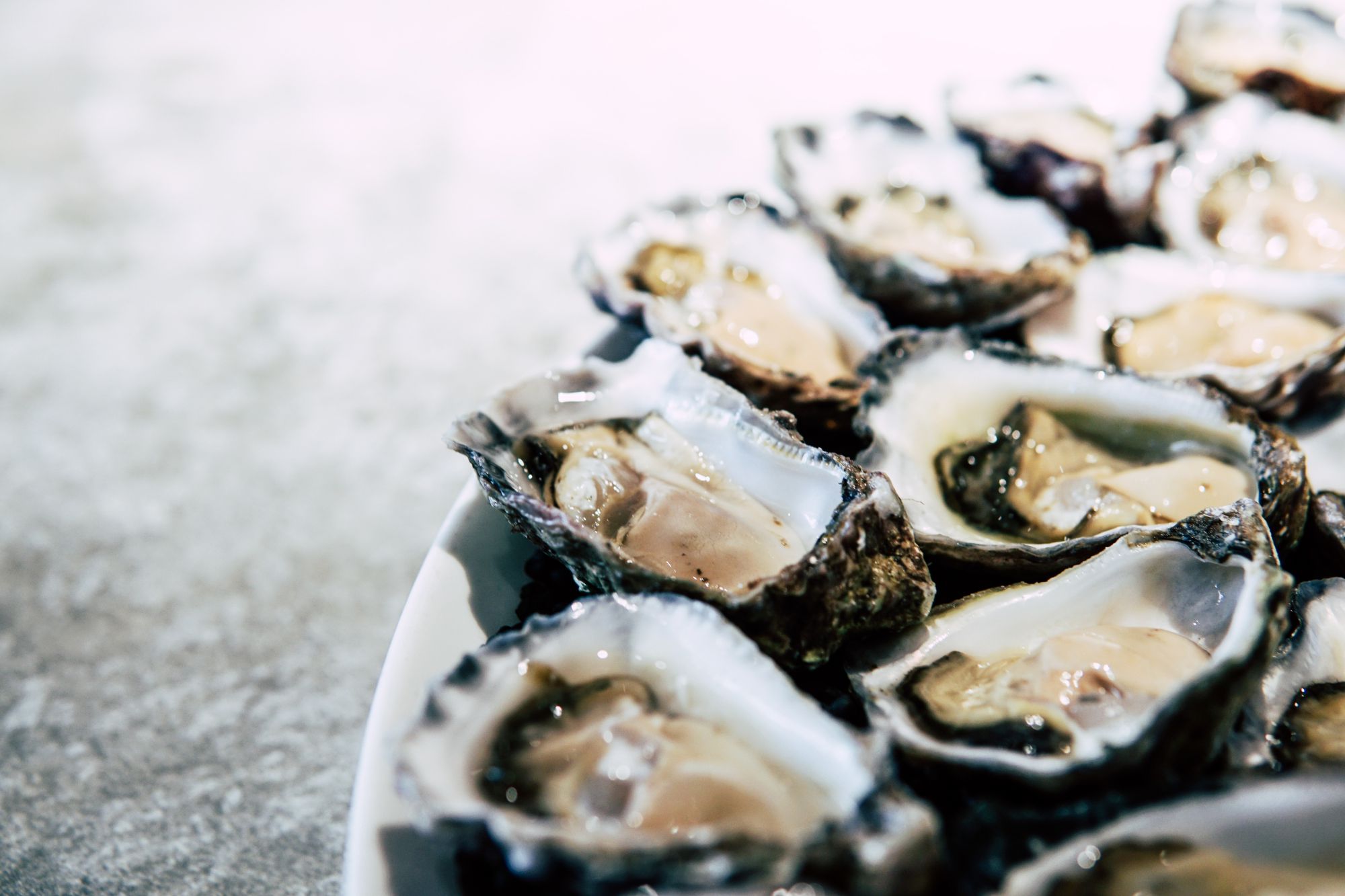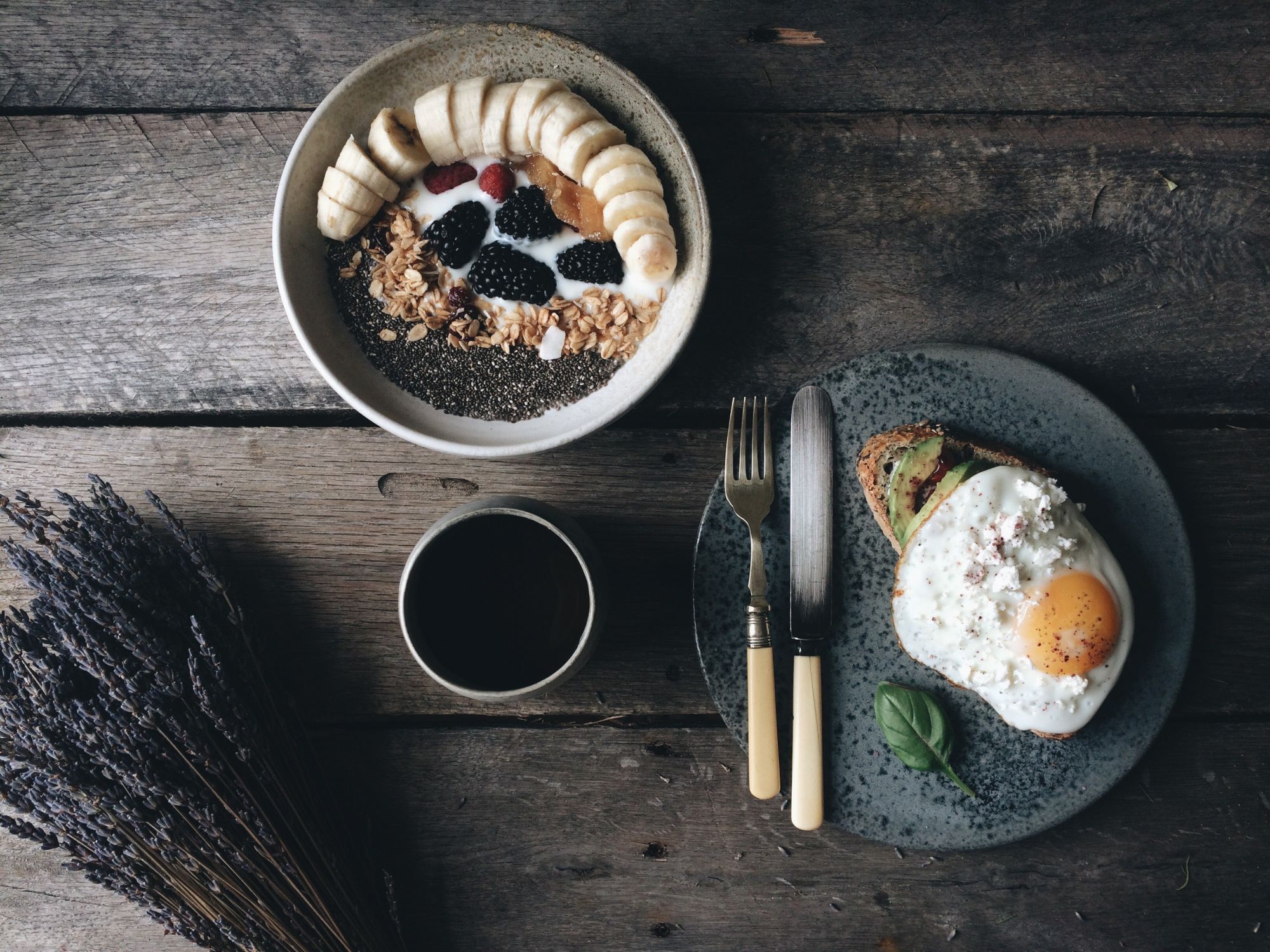One of the best ways to stay healthy is by maintaining a balanced, nutritious diet. We spoke to a registered dietitian to find out what nutrients and foods that can strengthen your immune system and help fend off bacteria and viruses
It’s never been more important to protect your immune system during flu season and Covid-19. While maintaining social distancing and personal hygiene practices such as wearing masks and frequent hand-washing continue to remain paramount to keep ourselves safe these challenging times, one should never overlook the most basic fundamentals to healthy living—think adequate sleep, regular exercise, effective stress management, and of course, balanced diet.
Getting the right vitamins and nutrients will not help you stay fit, but also help boost your immune system and fight against viruses and infections. Below, registered dietitian Sally Shi-Po Poon lists out five of the most powerful nutrients for supporting the immune system and explains how can we obtain them from food.
See also: 5 Simple Yet Effective Ways To Curb Your Insomnia Based On Research
1. Vitamin A
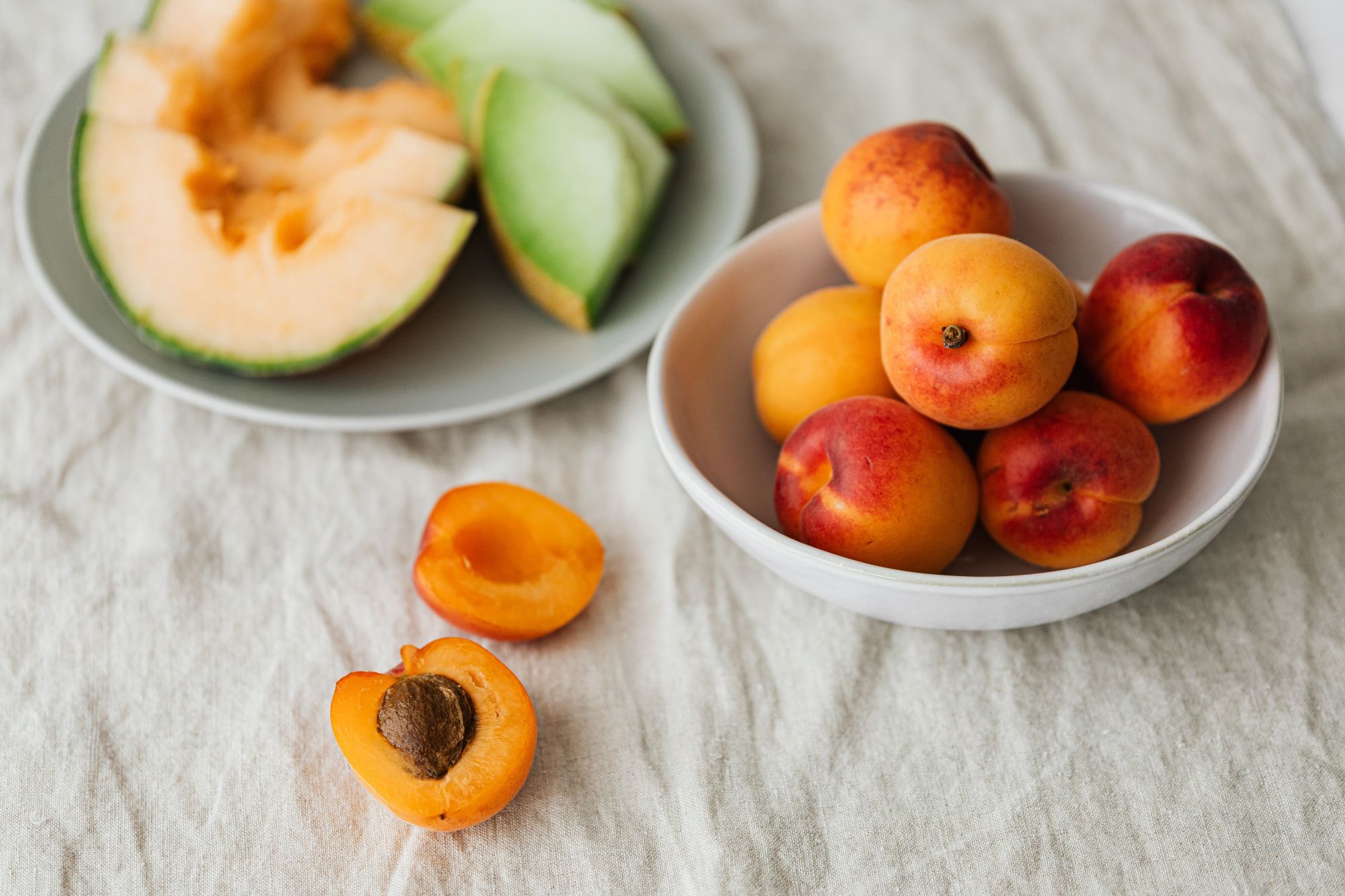
Vitamin A is essential for good vision and a strong immune system, which also helps the lungs and other organs function properly. Food sources of vitamin A include liver, spinach, sweet potato, squash, carrots, cantaloupe, apricots, and mangos. Known as a fat-soluble vitamin, vitamin A is better absorbed when you consume it with healthy fats such as olive oil, nuts and seeds.

